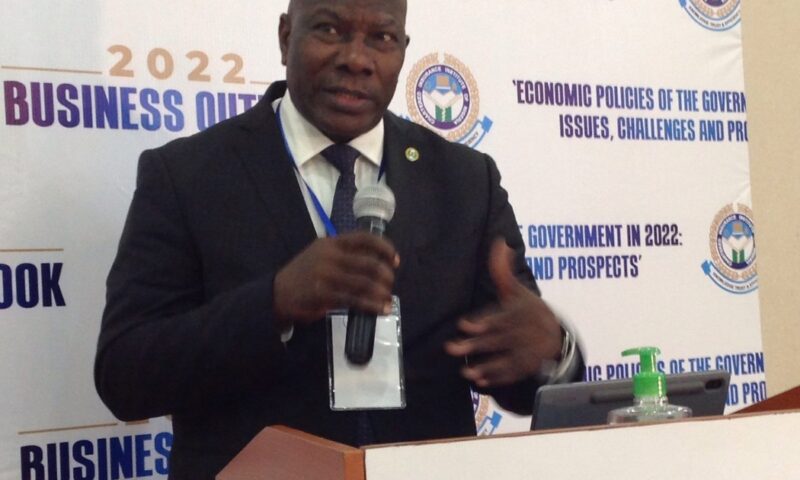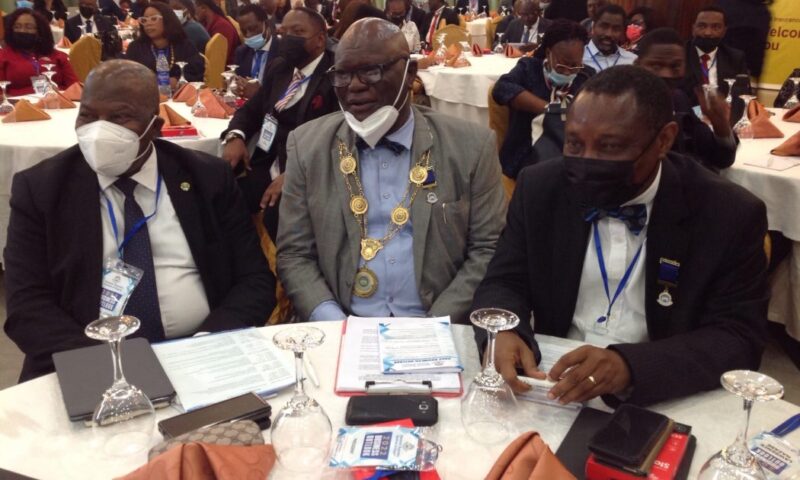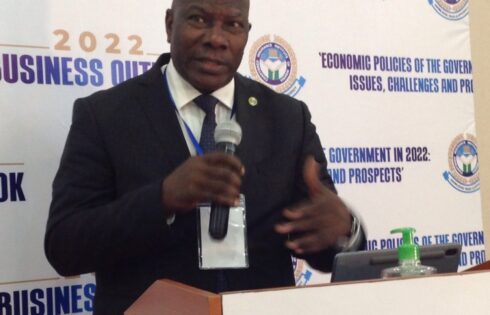The National Insurance Commission has mapped out strategic patterns in which insurance industry will cushions the effects of Covid-19 and get it behind the sector.
Commissioner for Insurance, CFI, Mr Sunday Thomas in his paper on “Strategies Aimed at Cushioning the Effects of the Covid-19 on the Operations of the Nigerian Insurance Industry and the way Forward,” at the 2022 Business Outlook organised by the Chartered Insurance Institute of Nigeria in Lagos today.
Thomas said the pandemic opened a lot of doors that ordinarily, the industry would not think was possible.
The CFI said that the insurance industry has become more visible since the pandemic, earning the commendation of President Mohammadu Buhari for supporting the efforts to contain the Covid-19 but needed to do more in its role in reducing vulnerabilities in all risks.
The dependence on the digital capacity he stated, has nurtured quickly the need to reinforce cyber protections to tame increased exposure of companies remotely working to cyber risks and also, the need for issuance of ICT standards for the industry.
Besides, he said the Commission has a stake in the stability of the industry and has not lost focus of this leading to some policies and programmes wearing relaxed tags. This seen seen in the extension of the recapitalisation exercise, transition to risk based supervisory regime, postponement of IFRS 17 commencement date, and regulatory forbearance.
He noted that the Commission is not oblivious of its responsibility to strengthen regulatory oversight and risk management and also implement effective policyholder protection schemes which involves improved enforcement of market conduct rules and also monitor degree of customer satisfaction and enhance insurance education.
He also put forward that the regulatory body has scaled up its project e-Regulation and has moved up more steps market development with the current collaborative model international and local stakeholders.
The CFI mentioned ten points which if we’ll implemented can move the sector forward; risk based capital approach, and on this the Commission and the Nigerian Insurers Association are set for joint accomplishment. Other endorsements are, standardisation of reports, enhanced investment in digital capabilities and automation, entrenched effective asset liability management, and capacity development programmes- actuarial, competency framework and having in place reinforced recovery and resolution plan.
Other he mentioned include: the use of modelling for risk assessment and stress testing, context specific products such as loss of job insurance products, cyber insurance policy by trustees of customers data he said, has become more compelling and also stricken for regional integration is the establishment of the College of Insurance Supervisors of the West African Monetary Zone (CISWAMZ).








